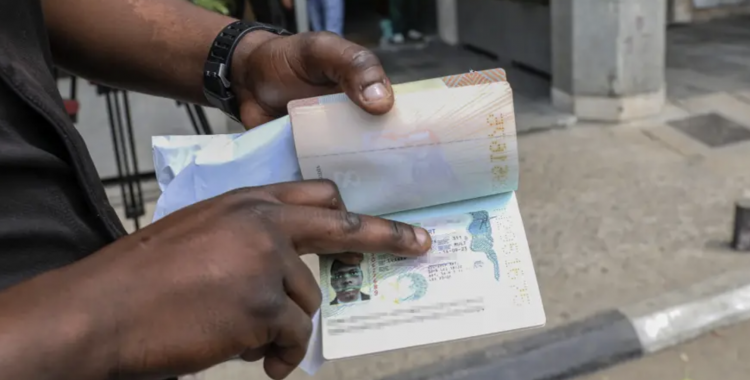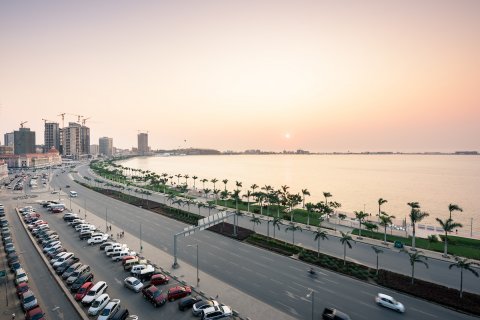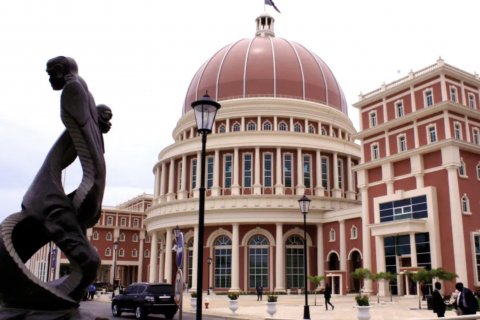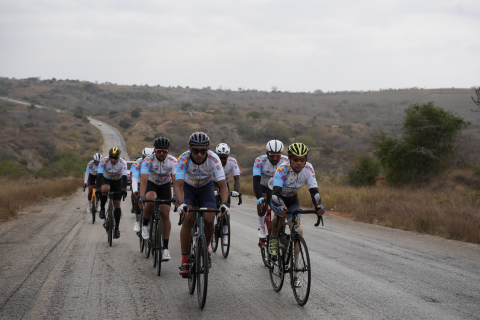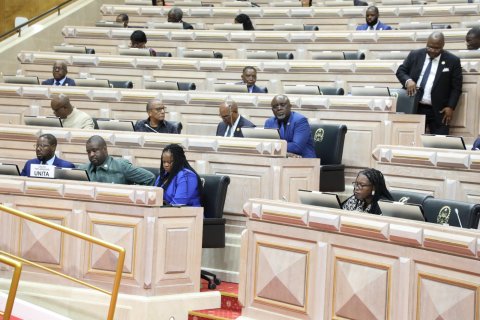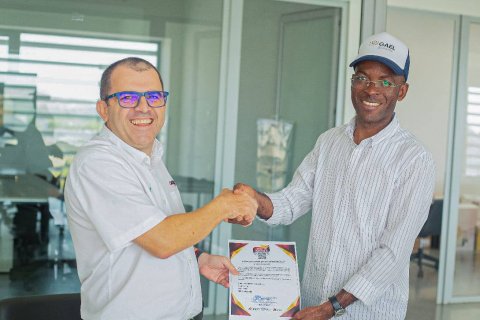Troy Fitrell was responding this Tuesday at a press conference during the 17th US-Africa Business Summit to criticism from Mahmoud Ali Youssouf, chairman of the African Union Commission, who, at the opening of the meeting, said that it was not possible to do business when "abusive tariffs" and travel restrictions are imposed on African countries.
"There are often narratives that circulate that can be very misleading. In this case, it is not only misleading but completely wrong. And I do not blame the chairman of the [African Union] Commission because he believed what he read. So let's get straight to the point: there is no visa ban", he responded to Lusa.
The US official explained that what is being changed is the duration of some visas, motivated by the frequency of illegal stays.
"Our consular sections in all embassies, including here in Luanda, are open and issuing visas. In some cases, we have limited the duration because there were people who used these visas to enter legally and then overstayed. But this does not affect those who use the visas correctly," he said.
"Angolans who have visas can board the plane and travel today, tomorrow, whenever they want. We are working with countries with whom we have had problems with staying and we are going to limit the duration. Instead of three years, it could be one year, for example. This is being negotiated with the governments," he highlighted.
The official added that the idea is to "keep the borders safe" and oblige all travelers to observe the rights and responsibilities of a visa "as in any country".
As for customs tariffs, Fitrell assured that there are no measures in force, stressing that negotiations are still ongoing.
"As you know, the tariffs were announced but not implemented. We are awaiting negotiations. When these announcements were made, they did not necessarily mean immediate implementation. Several African countries came to us with more balanced, reciprocal and transparent proposals."
The US diplomat argued that the United States' objective is to promote a fairer and more reciprocal trade environment.
"For generations, the US has been, let's say, at a certain disadvantage, allowing this type of trade to help our partners. The world has changed a lot in recent decades and now a fairer and more reciprocal environment is needed," he explained.
Fitrell also assured that Washington is willing to deepen trade partnerships and does not rule out new free trade agreements with African countries.
"We are here to promote business, to promote sustainable development, the sustainable growth that only private sector investment can bring. And, in fact, what I hope for most are free trade agreements with countries willing to do so across the continent.
As for AGOA – the African Growth and Opportunity Act, a preferential trade agreement between the United States and eligible countries in sub-Saharan Africa, including Angola – which is set to expire in September, Fitrell argued that it should be reauthorized or replaced with something similar, and negotiations are underway.

